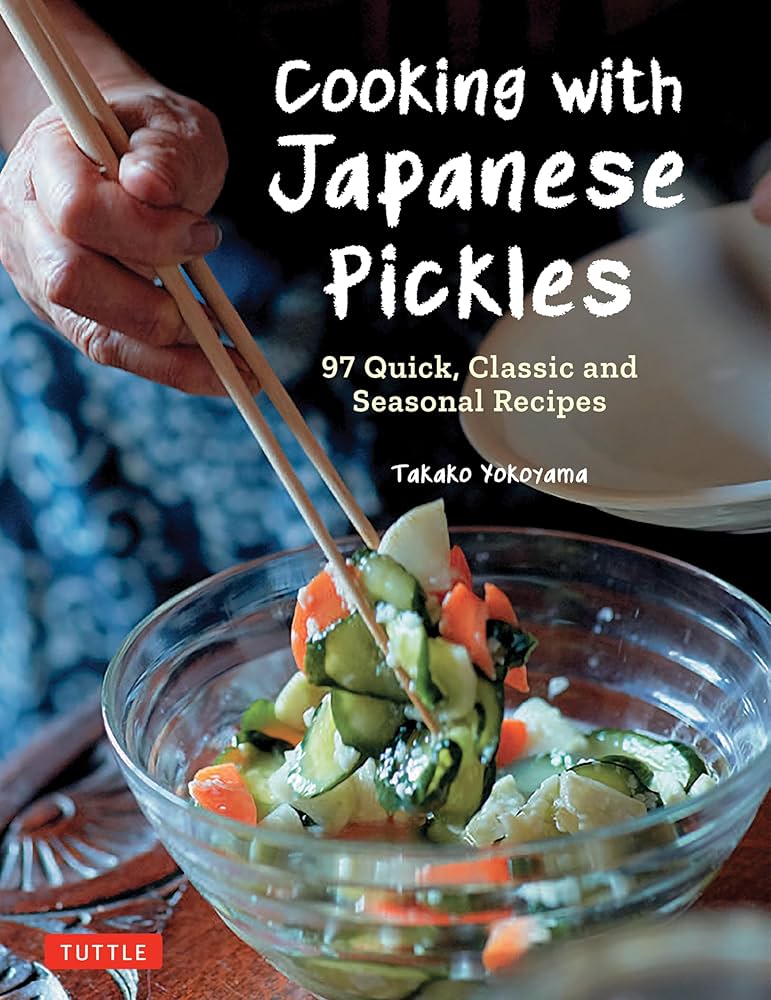Preserving Traditions: Rediscovering the Art of Home Canning in Wilmington
Growing up on a farm in Southeastern North Carolina, I learned that the art of food preservation was more than just a practical skill; it was a cherished tradition that brought families together. I remember long, hot summer days spent grading bell peppers alongside my family and eagerly watching my grandmother craft sweet tomato preserves or luscious strawberry jam. While I may not have fully appreciated these moments as a kid, the tasty rewards collected throughout the year were, and still are, a profound reminder of the joy baking and canning can provide.
A Resurgence of Interest in Canning
Once a vital activity during the early to mid-20th century, home canning peaked during World War II as a response to food scarcity. Over the decades, as industrial food production took precedence, preserving food at home fell out of favor. However, the COVID-19 pandemic sparked an unexpected revival of canning and preserving, turning what was once a necessity into a beloved hobby. Many have rediscovered this practice, ignited by newly planted gardens or the desire to create and savor homemade delights.
Just like that, canning is no longer just about filling jars; it transforms into a wonderful experience, a labor of love that nurtures the soul. Whether it’s the thrill of making dill pickles from fresh cucumbers grown in one’s backyard or the satisfaction of gifting homemade jams to friends, the art of canning is a meaningful way to share your passions and skills.
Safety First: Learning the Essentials
However, this engaging pastime does come with its own set of guidelines and best practices that should not be overlooked. With the influx of new enthusiasts eager to dive into canning, it’s vital to keep safety at the forefront. I’ve come across far too many stories of home canners who faced unfortunate outcomes due to the misinformation that can often cloud beginner’s journeys.
Canning involves managing recipes meticulously—switching ingredients or ignoring tested guidelines can lead to hazardous situations such as botulism, a potentially fatal foodborne illness. Learning the proper use of tools, understanding pressure canners, and seeking tested recipes are essential to ensure a safe canning environment. With the proper education and practices, both fun and safety can coexist in the kitchen.
Essential canning supplies and jars ready for use.
In this spirit, I highly encourage anyone interested in taking their culinary journey further to consider joining a hands-on canning class designed for all experience levels. Scheduled for October 7th, the workshop at the N.C. Cooperative Extension - New Hanover County Center will provide insights for canning dill pickles and foster a deeper understanding of the preserving process with the guidance of experts.
The Upcoming Canning Class
Taught by Avery Ashley, the Family & Consumer Sciences Agent from Brunswick County, this class is an inviting opportunity to learn and refine your canning skills. Having facilitated numerous workshops, Avery brings extensive experience to the table, ready to share invaluable tips and techniques. No matter if you are a novice or someone looking for a refresher course, this class caters to everyone eager to add canning to their skill set.
The event is affordably priced at $15, but spots are limited, so pre-registration is crucial. Register here to reserve your spot and embrace the art of preserving!
Homemade dill pickles ready for savoring.
In conclusion, the resurgence of canning in recent years is more than just a culinary trend; it’s a way of connecting with our roots and preserving the flavors that tell our stories. As more people unearth the magic of growing their own produce or share family recipes, canning becomes a celebration of community, sustainability, and creativity. My fond memories of canning now echo in each jar opened, filled with the tastes of my childhood.
So, rolled sleeves and all, let’s preserve not just food, but traditions that continue to enrich our lives, one jar at a time.















